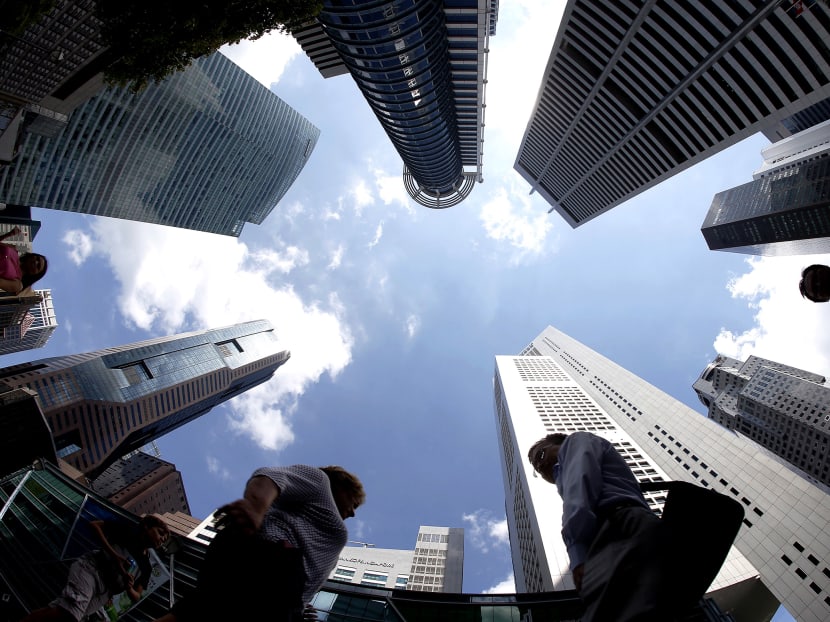Personal income tax relief to be capped at S$80,000 a year
SINGAPORE — Starting from Year of Assessment 2018, each person will be allowed to claim only up to S$80,000 in personal income tax relief each year — a move that raised some experts’ eyebrows, as they feel it runs counter to the Government’s wider efforts to increase birth rates and women’s labour participation rate.
SINGAPORE — Starting from Year of Assessment 2018, each person will be allowed to claim only up to S$80,000 in personal income tax relief each year — a move that raised some experts’ eyebrows, as they feel it runs counter to the Government’s wider efforts to increase birth rates and women’s labour participation rate.
Finance Minister Heng Swee Keat, who announced the cap in his Budget speech on Thursday (March 24), said it is to ensure that total taxable incomes are not unduly reduced, adding that 99 per cent of taxpayers will not be affected.
It will also make Singapore’s personal income tax more progressive, besides raising an estimated S$100 million more in revenue for the Government each year, he added.
“Each tax relief serves a worthy objective ... However, taken together, the tax reliefs may unduly reduce total taxable incomes for a small proportion of individuals,” the minister said, noting that there are currently 15 personal income tax reliefs.
For instance, nine in 10 women currently claiming the Working Mother’s Child Relief — which encourages married women to remain in the workforce after having children — will continue to claim it fully after the cap kicks in.
Tax experts, however, said the cap may discourage certain groups of taxpayers, such as working mothers.
“If our objective is to encourage working mothers to rejoin the workforce after giving birth, then this cap is regressive to that extent because it runs counter to that objective,” said PricewaterhouseCoopers Director for Global Mobility Girish Vikas Naik.
A working woman who earns about S$150,000 a year and has three kids will automatically have maxed out that cap, said Mr Girish.
While noting the minister’s assurance that a vast majority of taxpayers will not be affected, he pointed out that tax reliefs are typically set up with “social objectives” in mind, and targeted at groups with different needs.
“Why should 10 per cent of working mothers be affected if the intent is to encourage them to go back to the workforce?” asked Mr Girish.
Ms Jill Lim, who leads the Global Employer Services team at Deloitte Singapore, said the move contradicts the Government’s efforts to encourage childbirth.
Noting that female individual taxpayers are typically the ones able to enjoy personal tax reliefs in excess of S$80,000, she said: “(This cap) seems to send a message that such high-income-earning women are not encouraged to have more children, or should not return to the workforce after they have children.”
Economist Walter Theseira, however, felt that imposing a cap on reliefs does not go far enough in improving progressivity in Singapore’s tax regime, noting that higher income earners fundamentally benefit more from reliefs.
“A fairer reform would replace tax reliefs with refundable tax credits, which avoid the regressive implications of the tax relief system,” he added.
Recent efforts to make the Republic’s tax structure more progressive include raising the personal income tax rate for the top 5 per cent of income earners last year, from 20 per cent to 22 per cent.










